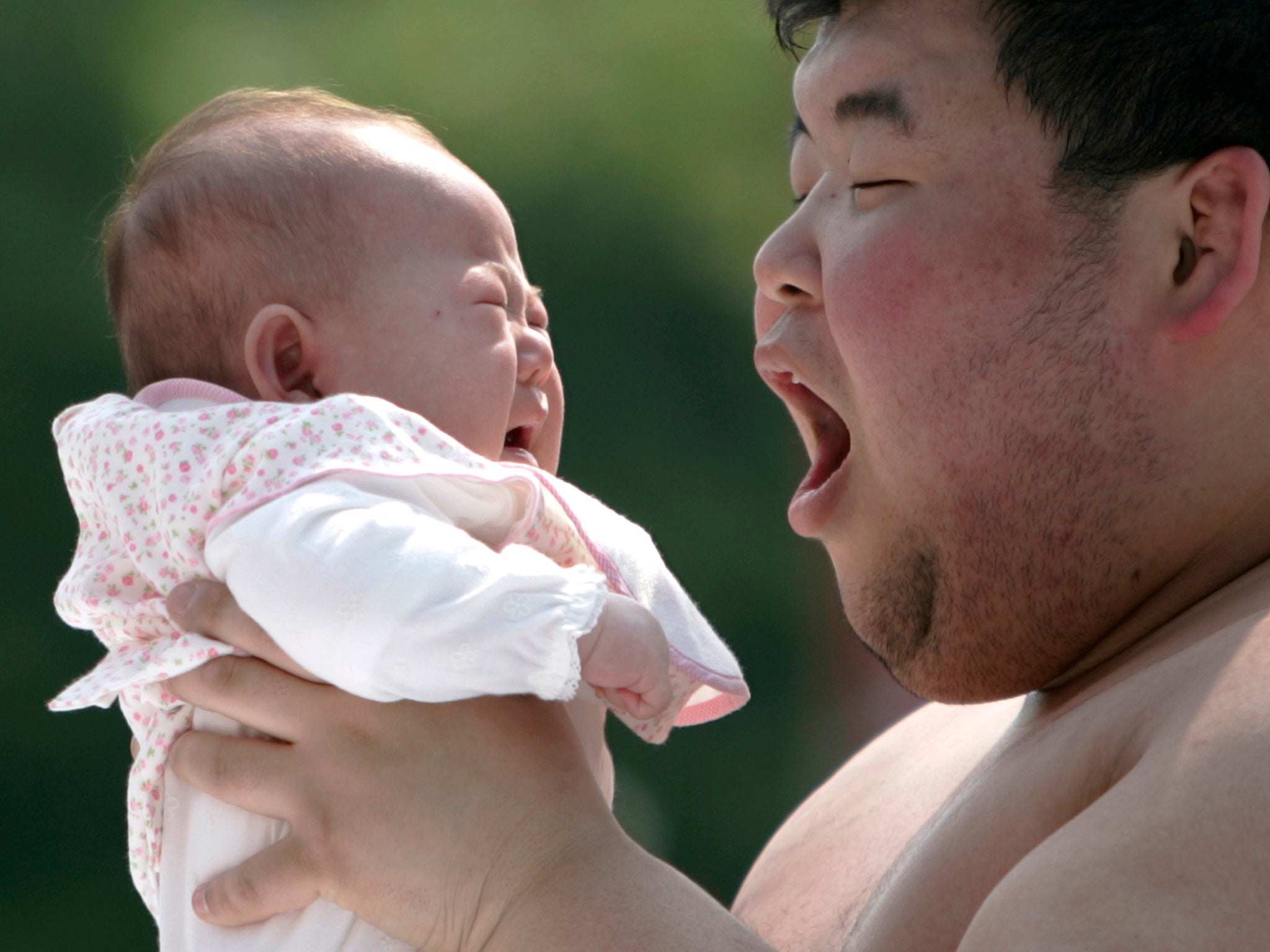Japanese birth rate to drop below 1 million for first time since records began in 1899
Total number of births expected to be no higher than 990,000 in 2016, with factors including high cost of childcare and ageing population blamed

Your support helps us to tell the story
From reproductive rights to climate change to Big Tech, The Independent is on the ground when the story is developing. Whether it's investigating the financials of Elon Musk's pro-Trump PAC or producing our latest documentary, 'The A Word', which shines a light on the American women fighting for reproductive rights, we know how important it is to parse out the facts from the messaging.
At such a critical moment in US history, we need reporters on the ground. Your donation allows us to keep sending journalists to speak to both sides of the story.
The Independent is trusted by Americans across the entire political spectrum. And unlike many other quality news outlets, we choose not to lock Americans out of our reporting and analysis with paywalls. We believe quality journalism should be available to everyone, paid for by those who can afford it.
Your support makes all the difference.The number of annual births in Japan is set to fall below 1 million this year for the first time since data became available in 1899, reflecting a fast-ageing society and the high cost of childcare, Japanese media reported.
The total number of births is expected to be between 980,000 and 990,000 this year, reports in the Nikkei business daily and the Kyodo news agency said, down from slightly more than 1 million last year.
Kyodo cited unidentified government sources, while the Nikkei did not indicate the source of its information.
Births hit a record high of 2.696 million in 1949.
A shrinking population of women in their 20s and 30s - about 13.66 million in October or 20 percent fewer than a decade ago - is a key factor in the falling number of births, the Nikkei said. So is a low fertility rate.
Japan's fertility rate was 1.45 in 2015, up 0.03 points from a year earlier, helped by an economic recovery, and is recovering from the record low of 1.26 hit in 2005. However, it is still far from the government's goal of 1.80.
Japan will again post a natural population decline this year as deaths outpace births, its 10th consecutive drop, the Nikkei said.
On Thursday, Japan's cabinet approved a record $830 billion spending budget for fiscal 2017, which includes child-rearing support.
The health ministry plans to release its estimate of the number of this year's births this week, a ministry official said.
Reuters
Join our commenting forum
Join thought-provoking conversations, follow other Independent readers and see their replies
Comments